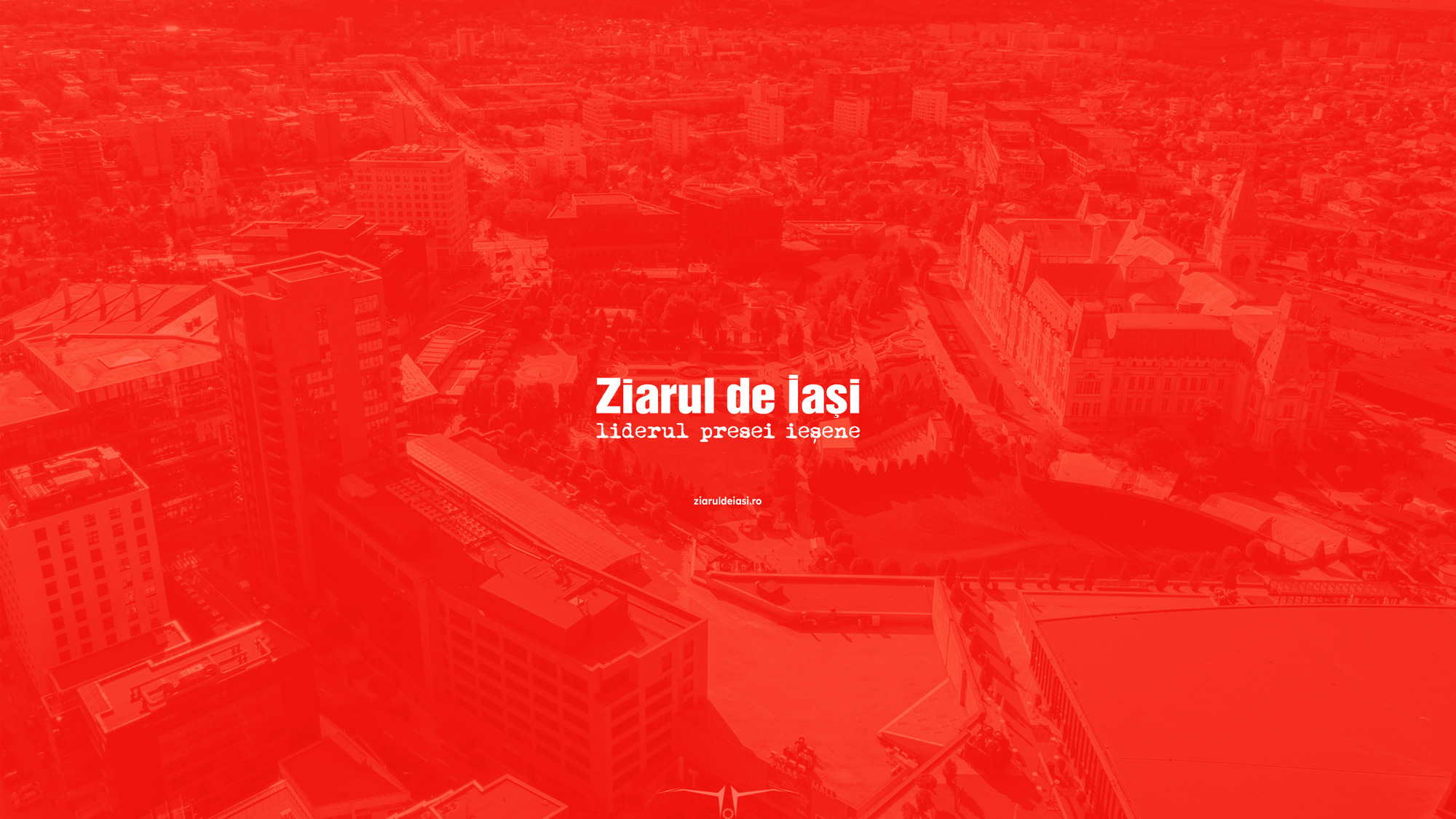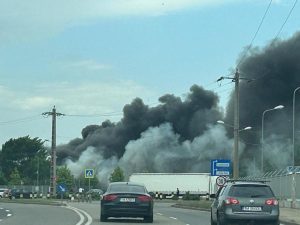
A recent poll realized in January 2001 by ISOP indicates a few things which can be considered pretty interesting if we take into account the chances of a series of genuine reforms in the present political and social context. For instance, 92% of the interviewed persons think that the state should involve a lot in the solving of the problems of the Romanian society. At the same time, they think that agriculture (51%) and industry (21%) are more important and need more support than education (3.2%) and research (1.1%). These figures express the reality of a society which includes a considerable rural segment, much more important than that of Hungary, Czechia and Slovakia; at the same time, this society has a significant segment of workers who are not very well qualified and not very productive. Moreover, they work in factories whose technology is out of fashion. Such a community is not very open to change and remains the prisoner of a traditional mentality, depending on the state authorities which are blamed all the time, but from which everybody expects a universal solution – houses, gas cylinders, jobs, etc. This is why the electoral cycles may be said to express the level of confidence of the population and the credit given to various political forces, which are supposed to make the state function in order to help the citizens. We shouldn’t discuss now whether such a traditional society is better or worse than the occidental one; the latter is mainly urban and is focused on services, not on industry. The main problem is that a country like the contemporary Romania is totally incompatible with the EU social and economic environment. The above-mentioned attitude underlines this obvious fact.
People want a maximal state which should get involved in everything, temper prices and punish the corrupt. Even when they accept the idea of privatization, some people think about an ideal investor whose attitude finally resembles that of the state, i.e. he should not emphasize the idea of profit, but that of social protection. The only difference is that everybody expects an investor to offer higher salaries and better working conditions.
As a matter of fact, the latest measures concerning the privatization methodolgy announced by Ovidiu Musetescu, the president of the former FPS (State Property Fund), are perfectly compatible with this type of portrait. Maybe the workers and trade-union members will be very satisfied with this situation, but it is not very sure that there will be many foreign investors ready to take over the state enterprises under these circumstances.
A large part of the Romanian society is dominated by two myths: 1. our industry is not only very good, but also coveted by foreigners, who want to buy our factories in order to wind them up or just want them for an insignificant amount of money 2. the development of the agricultural sector is Romania’s big opportunity, so this domain should be supported (and subsidized), as it happens in the EU countries, for instance. This seems to be the conclusion of the above-mentioned poll, too.
In Romania, the support given to the educational system is not considered to be a priority and this fact contradicts the reality of the contemporary world, which is based on technology; we should understand that nowadays nations are differentiated according to their capacity of innovation and their level of education. For the time being, Romania is still profiting by the inertia of an educational system which lacks resources, but this thing can not go on forever. A study ordered by USAID concerning the impact and the absorption of the information technology in Romania has already drawn our attention to the major crisis which is likely to appear in the specialized university educational system, which is abandoned by more and more professors.
Out of ignorance or simple electoral interest, the Romanian politicians have resorted to a simplistic discourse, focused on the national industry and our alimentary security. It is not the agricultural sector which will help us modernize. As a matter of fact, the agriculture-related file is going to be one of our most important problems in the negotiations with EU, which subsidizes this sector with more than 40 billion euros every year. The Romanian industrial sector has a similar situation. Even if it is very difficult to tell such a thing to some people who are used to hearing something else, it is vital to do this and we should inoculate the idea that Romania can recover only through a highquality education. (Alexandru LAZESCU )























